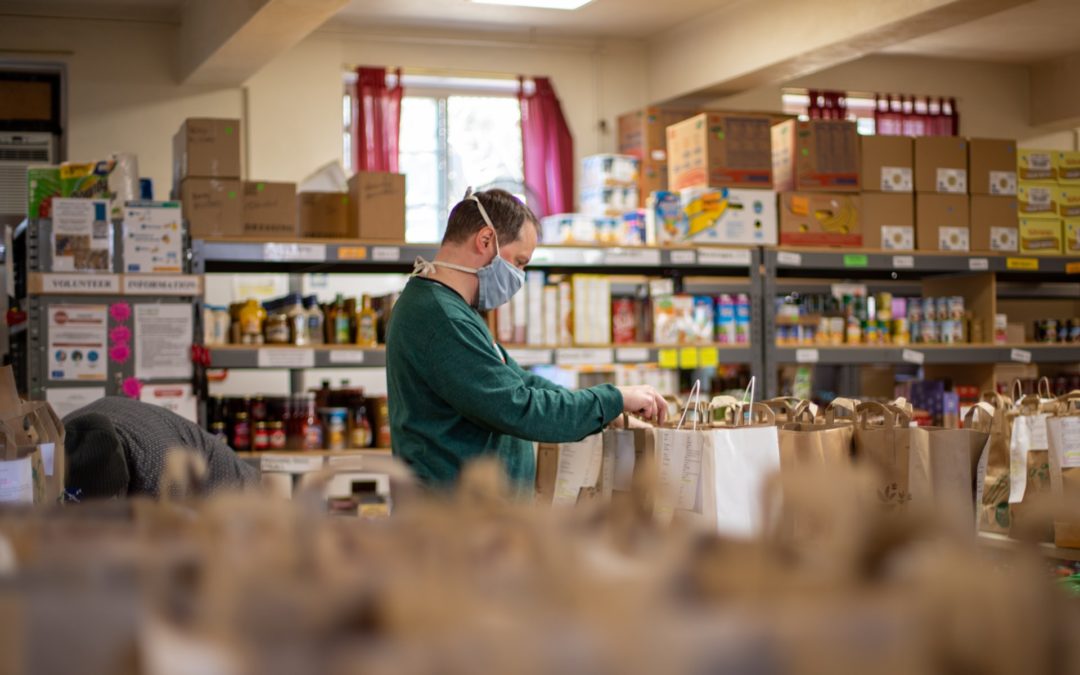So, you’re thinking about donating to your local food bank. That’s great! You will soon find out what an excellent feeling it is to know that you are helping others, including children, with their most fundamental need – a warm meal.
If you are wondering what kind of items are best to donate to a food bank, it’s important to know that they have some definite preferences.
The first thing you should know is that food banks prefer cash donations over anything else. The reason is that it gives food bank operators much greater leeway in buying the things they know their clients need.
When people donate actual items of food, the process is hit and miss. For example, a food bank may already have hundreds of cans of tomato and chicken noodle soup but no green beans or carrots. If you make a monetary donation, a food bank can more easily create the proper balance of what they need.
After cash, make sure that you donate only non-perishable foods. That means canned and dried goods. This is stuff like canned vegetables, fruits, stews, tuna, and beans, while dry goods include things like pasta, rice, flour, powdered milk, and dry beans. Just make sure that the “sell by” time stamp on what you donate is not about to expire. Food banks, by law, cannot distribute expired canned or dried goods even when giving them away for free.
Many food banks say they greatly need non-food items, such as soap, laundry detergent, shampoo, toilet paper, toothpaste, and all those basic things most take for granted and use every day.
Another item some food bank managers say they like to see is pet food. This may certainly be viewed as a second-tier category in the eyes of many, but just ask anyone with a beloved cat or dog that they need to feed. They’ll tell you it’s not so secondary at all.
In the realm of what definitely not to give, items that need to be frozen or refrigerated, leftovers, expired products, baked goods, and things like homemade fresh baked bread are not a good idea to bring in.
Some food banks are lucky enough to have freezers and refrigeration. To the extent they do, they can handle things like frozen turkeys and other meats. They may also be able to handle items like eggs, milk, butter, cottage cheese, and more. However, the latter is still highly perishable, so always ask first before you go in.

